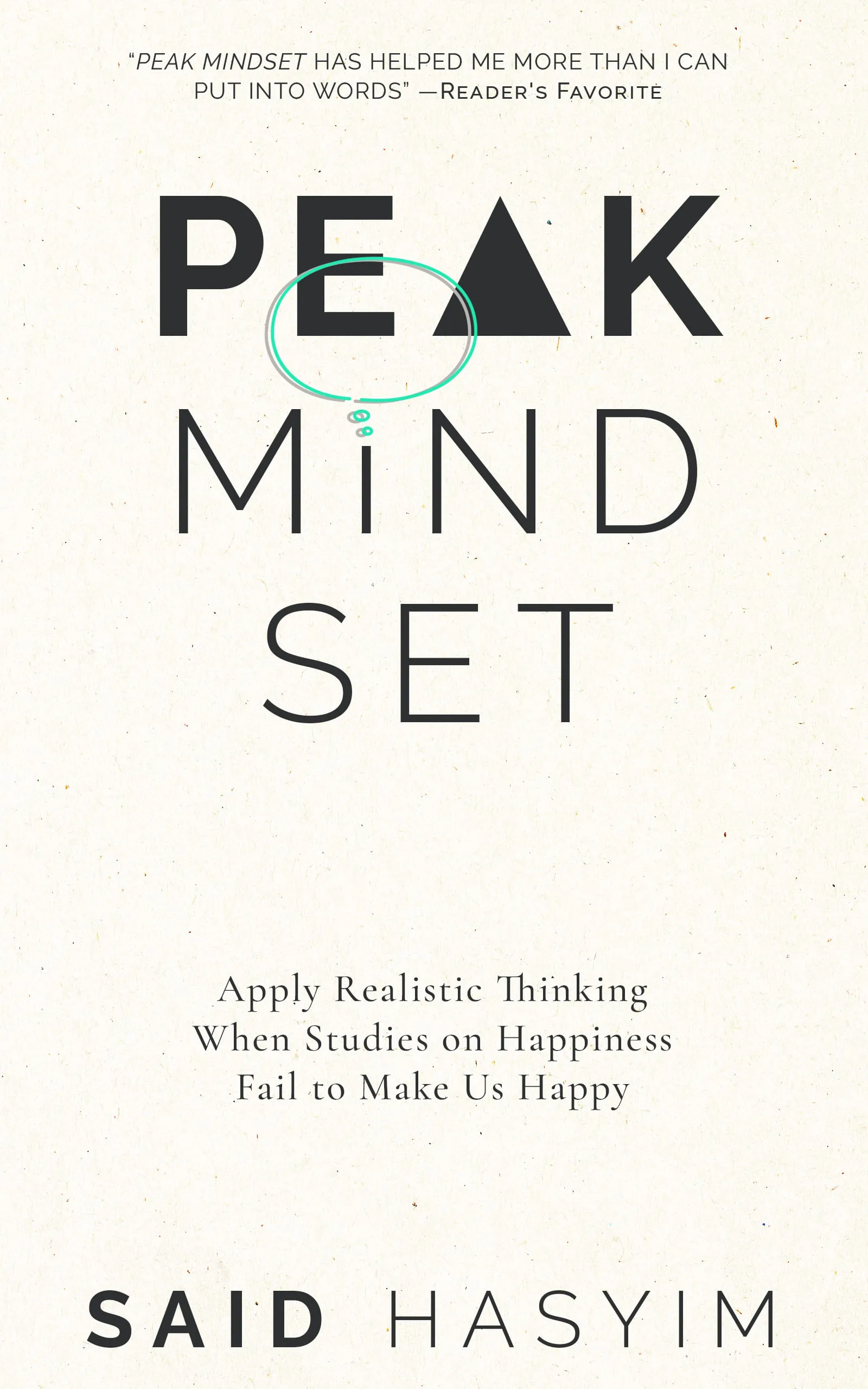Strategies for Balancing Emotion and Rationality
In our daily lives, we are constantly faced with decisions that require us to weigh our emotions against rational reasoning. Striking the right balance between the two can lead to more informed choices, healthier relationships, and improved emotional well-being. In this blog post, we'll explore various strategies for balancing emotion and rationality, helping you navigate life's complexities more effectively.
Understanding Emotion and Rationality
Before diving into strategies, it's essential to understand what we mean by emotion and rationality.
Emotions
Emotions are immediate responses to situations, often based on personal experiences, beliefs, and inherent psychological drivers. They can be powerful motivators but can also cloud judgment if not managed properly. Emotions such as fear, joy, anger, and sadness are instinctive and can override logical thinking when left unchecked.
Rationality
Rationality entails using logic, reasoning, and critical thinking to make decisions. It involves analyzing facts, weighing pros and cons, and looking at long-term consequences rather than being swayed by immediate emotional responses. Rational decision-making helps ensure that choices are informed and purposeful.
Why Balance is Important
Balancing emotion and rationality is vital for several reasons:
- Enhanced Decision-Making: When we consider both our feelings and the facts, we make more holistic and sound decisions.
- Improved Relationships: Understanding and expressing emotions wisely enhances interpersonal communication and fosters empathy.
- Mental Well-Being: A balanced approach can lead to reduced stress and anxiety, contributing to overall emotional health.
Strategies for Balancing Emotion and Rationality
1. Practice Mindfulness
Mindfulness involves being present in the moment and observing your emotions without judgment. Practicing mindfulness can help you recognize when emotions arise, giving you the space to respond more thoughtfully rather than react impulsively. Techniques such as meditation, deep breathing, or mindful observation can greatly enhance your awareness of emotional triggers and responses.
2. Identify Emotional Triggers
Understanding what triggers specific emotional responses is crucial to managing them. Keep a journal to document moments when you experience strong emotions. Note the context and circumstances leading up to that emotion. Recognizing patterns can help you prepare for similar situations in the future, equipping you to respond rationally.
3. Pause Before Responding
When emotions are high, we may find ourselves quick to react. Implementing a "pause" technique can be beneficial. This might mean taking a deep breath, counting to ten, or even walking away from the situation for a moment. Giving yourself time allows your rational brain to kick in, mitigating impulsive reactions driven by emotion.
4. Engage in Critical Thinking
Making informed decisions often requires stepping back and evaluating a situation critically. Ask yourself questions such as:
- What evidence supports my feelings?
- What are the potential short-term and long-term consequences of my decision?
- Is there a logical reasoning that contradicts my emotional response?
Engaging in critical thinking encourages a rational evaluation of the situation, complementing your emotional insight.
5. Use the "10-10-10" Rule
The "10-10-10" rule is a simple framework to help balance emotion and rationality. When faced with a decision, consider how you will feel about it in ten minutes, ten months, and ten years. This perspective allows you to weigh the temporary emotional impact against the more significant and lasting implications, fostering a more rational approach to decision-making.
6. Seek Feedback
Discussing your thoughts and feelings with others can help balance emotional responses with rational perspectives. Friends, family, or mentors can provide insights you may not have considered. Their input can help clarify your thoughts and provide alternative viewpoints, which can temper strong emotional reactions.
7. Keep a Decision-Making Journal
Documenting your decision-making process can be enlightening. Write down important decisions, including the emotions you felt at the time and the rational considerations you took into account. Over time, review these entries to identify patterns and learn from past experiences. This practice helps refine your balance between emotion and rationality.
8. Develop Emotional Literacy
Emotional literacy refers to your ability to recognize, understand, and express your emotions effectively. By enhancing your emotional vocabulary and learning about emotional responses, you can articulate your feelings better. This understanding allows for a more measured approach to harnessing emotions without being overwhelmed by them.
9. Schedule "Thinking Time"
Set aside dedicated time to reflect on emotional events or decisions. This period allows you to process emotions that may cloud your thinking and formulate a rational approach. Use this time to journal, meditate, or simply think through situations without external distractions.
10. Align with Personal Values
Your personal values serve as a compass for making decisions. Understanding your core beliefs can aid in aligning emotional responses with rational choices. When emotions are in line with your values, it is easier to manage and strive for decisions that reflect both emotion and rationality.
11. Practice Self-Compassion
It's essential to be kind to yourself through this balancing process. Recognizing that everyone wrestles with emotions can ease self-judgment. Acknowledge your feelings without dismissing them, and understand that they are valid. Self-compassion allows for a healthier navigation of emotional and rational elements, leading to better decision-making.
Conclusion
Balancing emotion and rationality is an ongoing journey that requires practice, awareness, and self-reflection. By employing these strategies, you can foster better emotional intelligence, enhance decision-making capabilities, and lead a more fulfilled life. Remember, it's not about suppressing emotions but rather integrating them harmoniously with rational thought. Whether navigating personal challenges, professional decisions, or interpersonal relationships, striving for this balance will serve you well throughout your life.
Leverage Your Mindset for a Fulfilling Life
Explore Peak Mindset, a book to leveraging your subconscious for a more fulfilling life. Gain insights into realistic thinking, money management, and stress resilience to make informed decisions. Discover pitfalls in conventional happiness advice and practical strategies for self-transformation. Unlock your potential and enhance your overall satisfaction.
